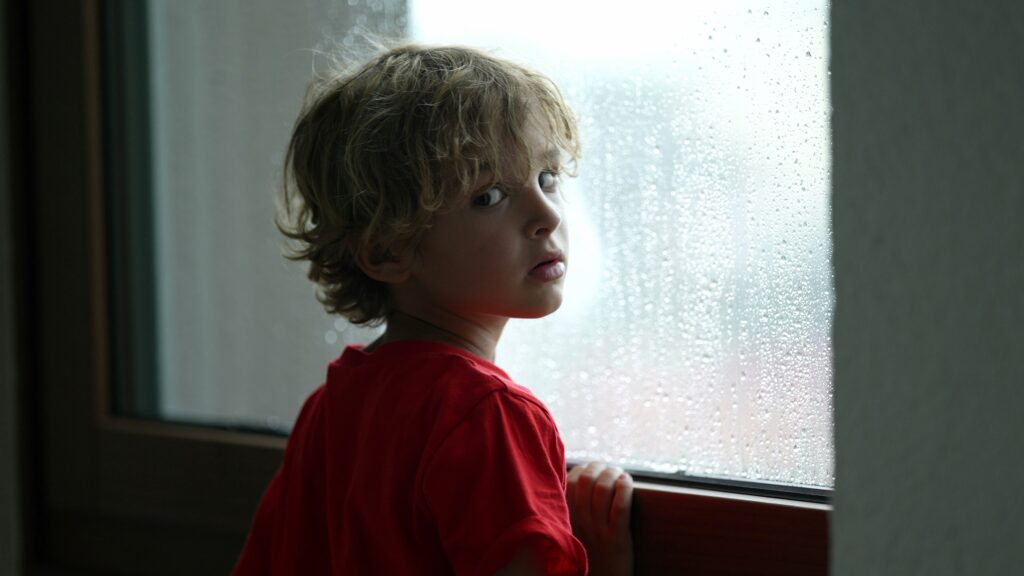 In 2017, 637 cases of child sexual abuse were reported to the Louisiana Department of Children and Family Services (DCFS)—in addition to nearly 10,000 reports of child neglect and 2,000 reports of physical abuse. While those numbers are staggering, reporting abuse is the best way to help protect children from abusers.
In 2017, 637 cases of child sexual abuse were reported to the Louisiana Department of Children and Family Services (DCFS)—in addition to nearly 10,000 reports of child neglect and 2,000 reports of physical abuse. While those numbers are staggering, reporting abuse is the best way to help protect children from abusers.
Many Louisiana workers are mandatory reporters due to their occupations (teachers, medical professionals, members of the clergy, etc.). If they suspect a child is being abused or neglected, they are required to make a report to DCFS. Mandatory reporters must undergo training to learn how to recognize the signs of sexual abuse in young children.
What Is “Sexual Abuse”?
Sexual abuse of a child sometimes involves physical contact (e.g., rape, oral sex, or fondling, kissing, or touching of a sexual nature). However, sexual abuse also involves acts of a sexual nature that don’t involve direct physical contact, like showing pornography or explicit images to a child, revealing oneself sexually to a child, or asking a child to reveal themselves sexually. In Louisiana, sexual abuse also includes coerced abortion and female genital mutilation.
Signs That Can Indicate Sexual Abuse in Young Children
Although children respond in different ways to sexual abuse, many signs are common among younger children. Unexplained physical injury or trauma to the genitals can be a physical clue, but most signs manifest as developmental regression or emotional changes in behavior. According to RAINN (Rape, Abuse & Incest National Network), common signs include:
• Keeping secrets.
• Not talking as much as usual.
• Not wanting to be left alone with certain people or being afraid to be away from primary caregivers, especially if this is a new behavior.
• Regressive behaviors or resuming behaviors they had outgrown, such as thumb-sucking or bedwetting.
• Overly compliant behavior.
• Sexual behavior that is inappropriate for the child’s age.
• Excessive talking about or knowledge of sexual topics.
• Spending an unusual amount of time alone.
• Trying to avoid removing clothing to change or bathe.
• Change in eating habits.
• Change in mood or personality, such as increased aggression.
• Decrease in confidence or self-image.
• Excessive worry or fearfulness.
• Increase in unexplained health problems such as stomach aches and headaches.
• Loss or decrease in interest in school, activities, and friends.
• Nightmares or fear of being alone at night.
• Self-harming behaviors.
These signs do not, on their own, prove that a child is being sexually abused. Many children are curious about their own and others’ sexuality as a normal part of their development. Children often exhibit regressive behaviors such as bedwetting as a natural response to anxiety-provoking situations like beginning a new grade or school. Many other signs can also indicate sexual abuse, neglect, or physical abuse. If you observe a number of these signs in your child or another child in your care, it’s better to be safe than sorry.
What Should I Do If I Suspect a Child Is Being Abused?
If you know or suspect a child is being abused by a parent, caregiver, clergy member, daycare worker, or another individual, you should contact DCFS immediately. You can file a report by calling 1-855-4LA-KIDS (1-855-452-5437), a toll-free hotline available 24 hours a day/365 days a year, or by filling out a reporting form online. If your child has been abused or victimized, you may be able to recover compensation for physical and emotional damages. An experienced sexual abuse attorney can evaluate your case and help you pursue claims to get the compensation you deserve.









